
Post by : Mariam Al-Faris
Photo: AP
Former U.S. President Donald Trump welcomed two prominent Arab Gulf leaders to the White House on Wednesday, at a time when tensions are flaring once again in the Middle East. The visit was seen as part of Trump’s effort to strengthen U.S. ties with wealthy Gulf nations, even as violence between Israel and Syria threatens peace in the region.
Meeting With Bahrain's Crown Prince
Trump began the day by hosting Crown Prince Salman bin Hamad Al Khalifa of Bahrain in the Oval Office. Bahrain is a long-standing U.S. ally in the region and hosts the U.S. Navy’s Fifth Fleet, which plays a key role in regional security.
During the meeting, Trump emphasized the strong mutual cooperation between the U.S. and Bahrain, saying:
“Anything they needed, we helped them. And anything we needed, they helped us.”
The crown prince shared his enthusiasm for deepening ties with the United States, especially in the economic and defense sectors. He highlighted $17 billion worth of investments, including deals for American aircraft, jet engines, and servers. He reassured Trump, saying:
“This is real money. These aren’t fake deals.”
One of the major takeaways from the meeting was a new agreement to enhance cooperation in civilian nuclear energy, paving the way for future collaboration in high-tech and energy sectors. Bahrain’s king, Hamad bin Isa Al Khalifa, is expected to visit Washington later this year to continue these discussions.
Private Dinner with Qatar’s Prime Minister
Later that evening, Trump hosted Sheikh Mohammed bin Abdulrahman Al Thani, the Prime Minister of Qatar, for a private dinner. Sheikh Mohammed, a key member of Qatar’s ruling family, also serves as foreign minister and oversees many of the country’s international partnerships.
Trump has already visited Qatar, Saudi Arabia, and the UAE during his foreign policy trips and has often praised the luxury and investment capabilities of these nations. In Qatar, he had previously visited the Al Udeid Air Base, one of the most important U.S. military facilities in the region.
Trump reportedly expressed interest in using a luxurious Boeing 747 jet donated by Qatar as his Air Force One, due to delays in Boeing's production of newer aircraft. However, this suggestion sparked concerns over ethics and national security, given the potential implications of accepting gifts from foreign governments.
Why Trump Focused on Gulf Nations
Foreign policy experts say Trump is particularly drawn to Gulf nations because of their wealth, stability, and authoritarian leadership styles. These countries align well with Trump’s transactional approach to diplomacy.
“The Gulf represents everything Trump believes is right about the Middle East,” said Aaron David Miller, a former advisor on Middle East affairs. “It’s rich, it’s stable, and it’s run by rulers who don’t challenge him.”
Rather than trying to solve deeply rooted regional conflicts such as the Israel-Palestine issue or the civil war in Syria, Trump seems more interested in building economic ties and military partnerships.
Renewed Violence in Syria and Israel
While Trump focused on diplomacy with Gulf leaders, tensions escalated in the Middle East, particularly in Syria and Israel.
The conflict in Syria reignited after clashes broke out between Sunni Bedouin tribes and Druze factions in southern Syria. The Syrian government intervened militarily, raising concerns in neighboring Israel, where the Druze community holds political influence.
In response, Israel launched airstrikes in the capital city of Damascus. A ceasefire was announced shortly after, but it remains uncertain whether it will hold.
During the Oval Office meeting, Secretary of State Marco Rubio addressed the situation, calling it a “misunderstanding” and expressing hope that the ceasefire would allow Syria to return to normalcy and reconstruction.
Bigger Picture: Iran, Gaza, and Hezbollah
Though not the main focus of Trump’s meetings, the wider regional instability—particularly involving Iran, Gaza, and Hezbollah—cast a shadow over the diplomatic efforts.
Israel continues to face international criticism for its harsh military actions in Gaza, but has also managed to significantly weaken Iran-backed groups like Hezbollah. However, experts warn that these short-term gains might lead to long-term instability.
“There’s a growing sense of unpredictability,” said Brian Katulis, a senior fellow at the Middle East Institute. “There’s no clear strategy on how to handle Iran’s nuclear program or its support for regional militias like the Houthis.”
Despite all this, Trump’s focus remained on economic gains and military alliances, leaving many critics questioning whether he has a real roadmap for long-term peace.
Trump’s meeting with Gulf leaders showcased his administration’s preference for strategic, business-like diplomacy with rich and powerful partners in the Middle East. By strengthening ties with Bahrain and Qatar, Trump hopes to build mutual investments, military cooperation, and global influence.
However, the meetings come at a delicate time when tensions across Syria, Gaza, and Iran remain high. While Trump’s focus was on deals and diplomacy, the situation on the ground continues to shift rapidly, and long-term peace in the Middle East still seems far from reach.
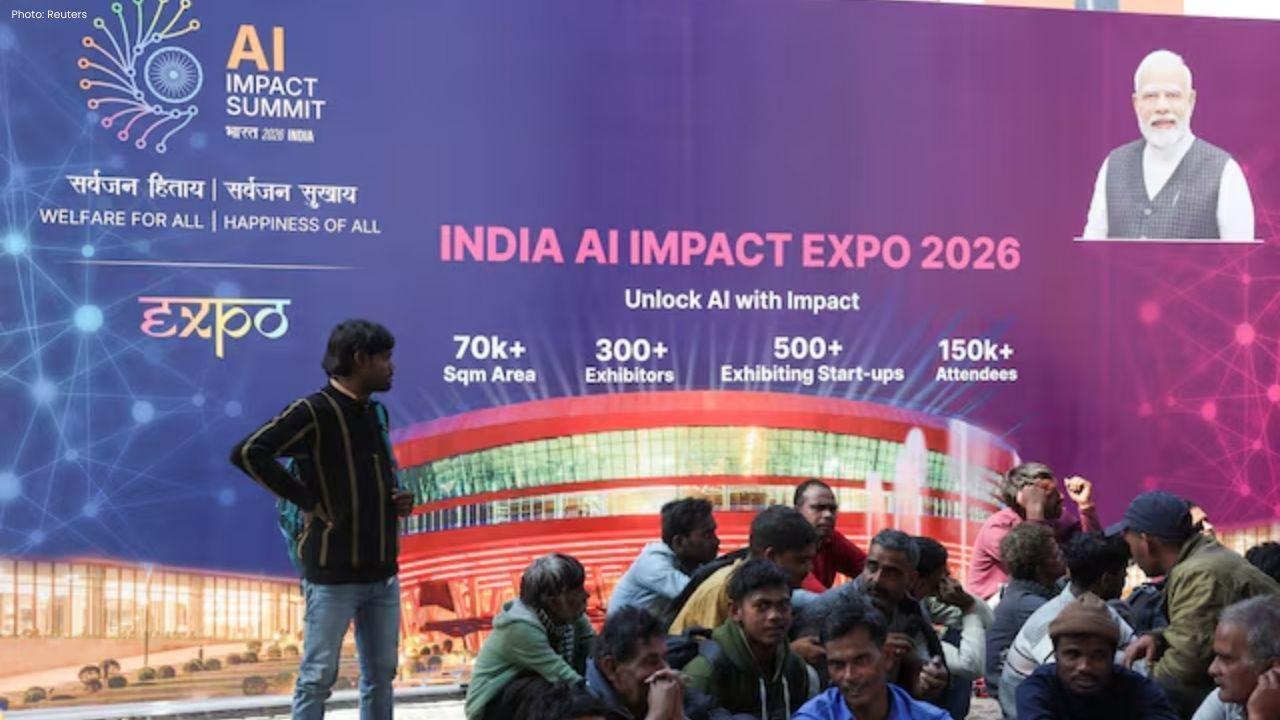
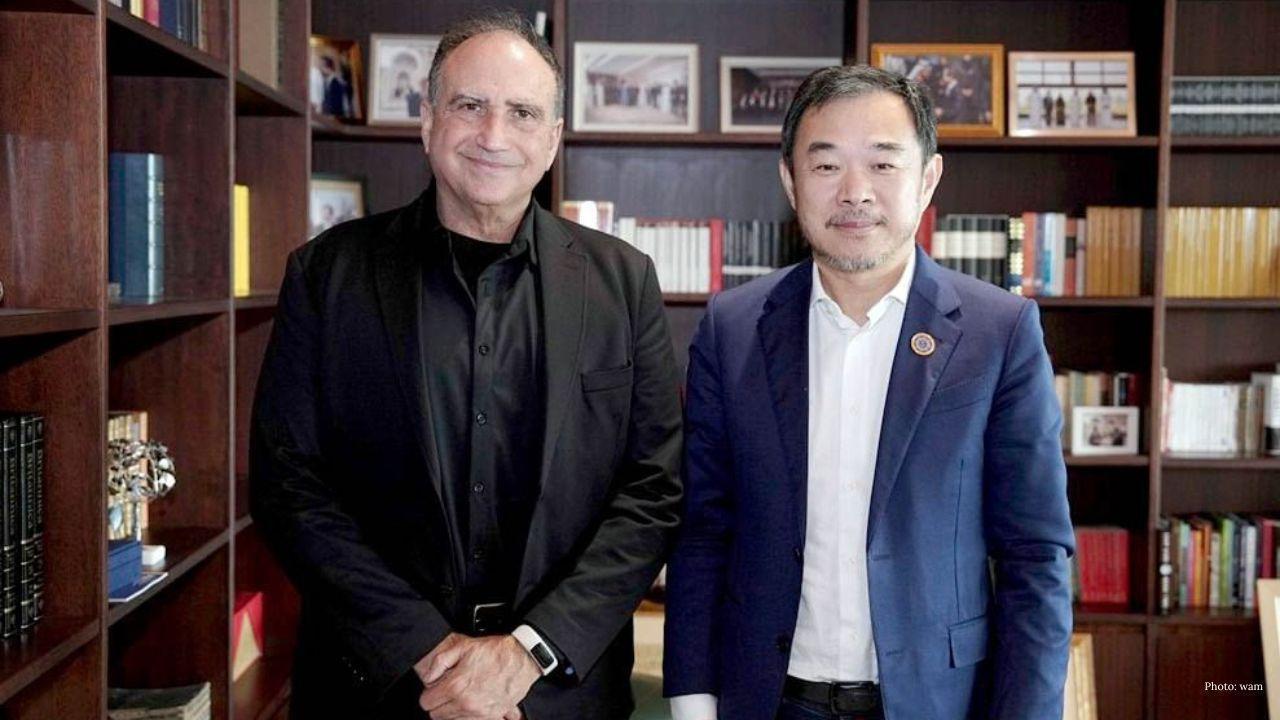
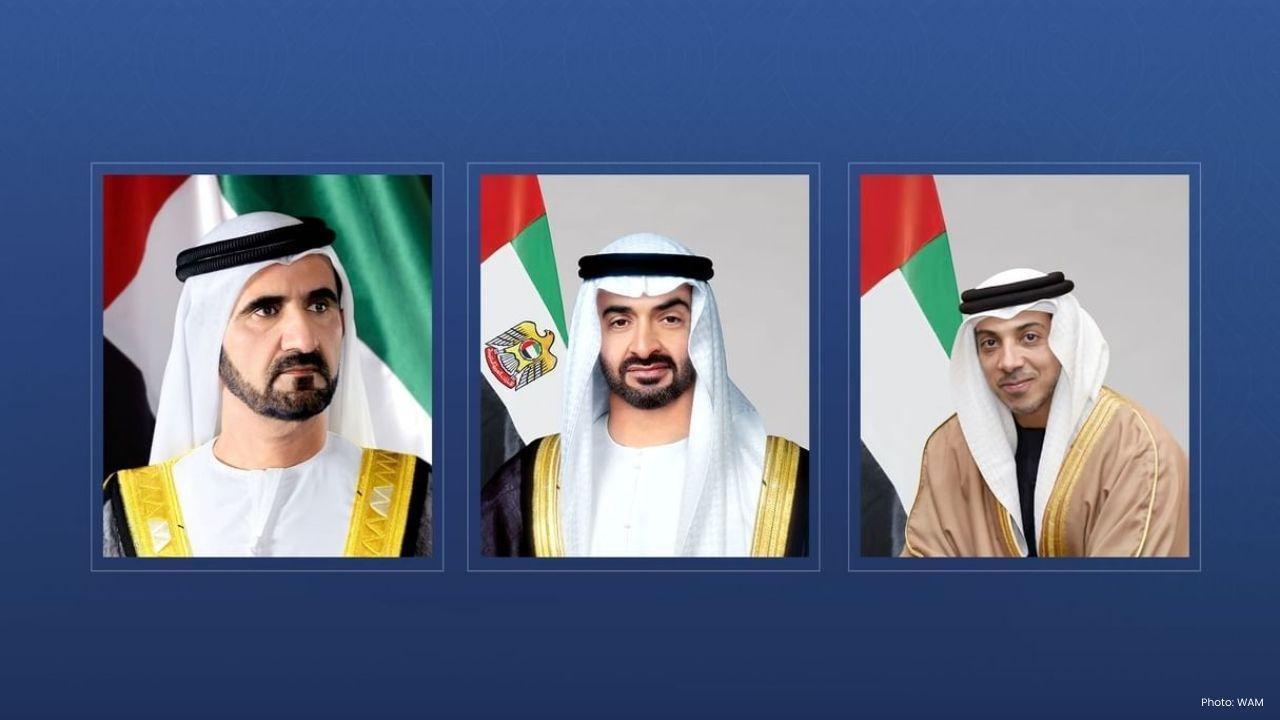
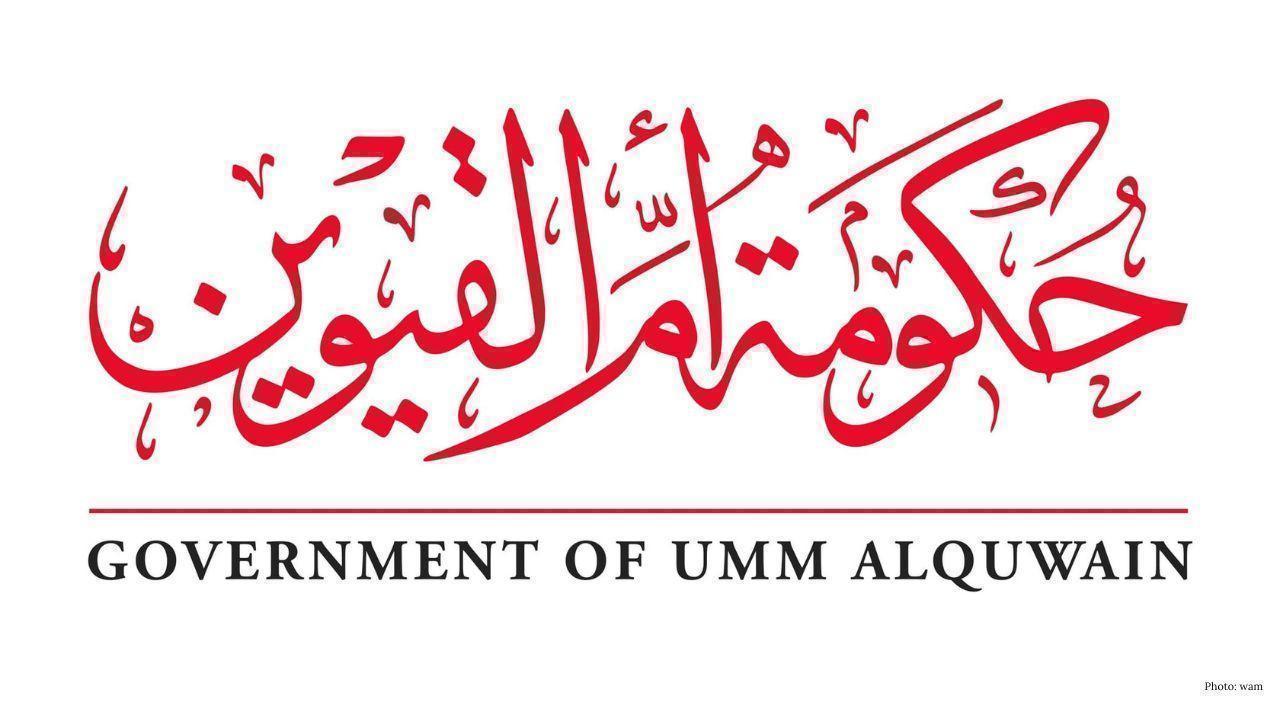
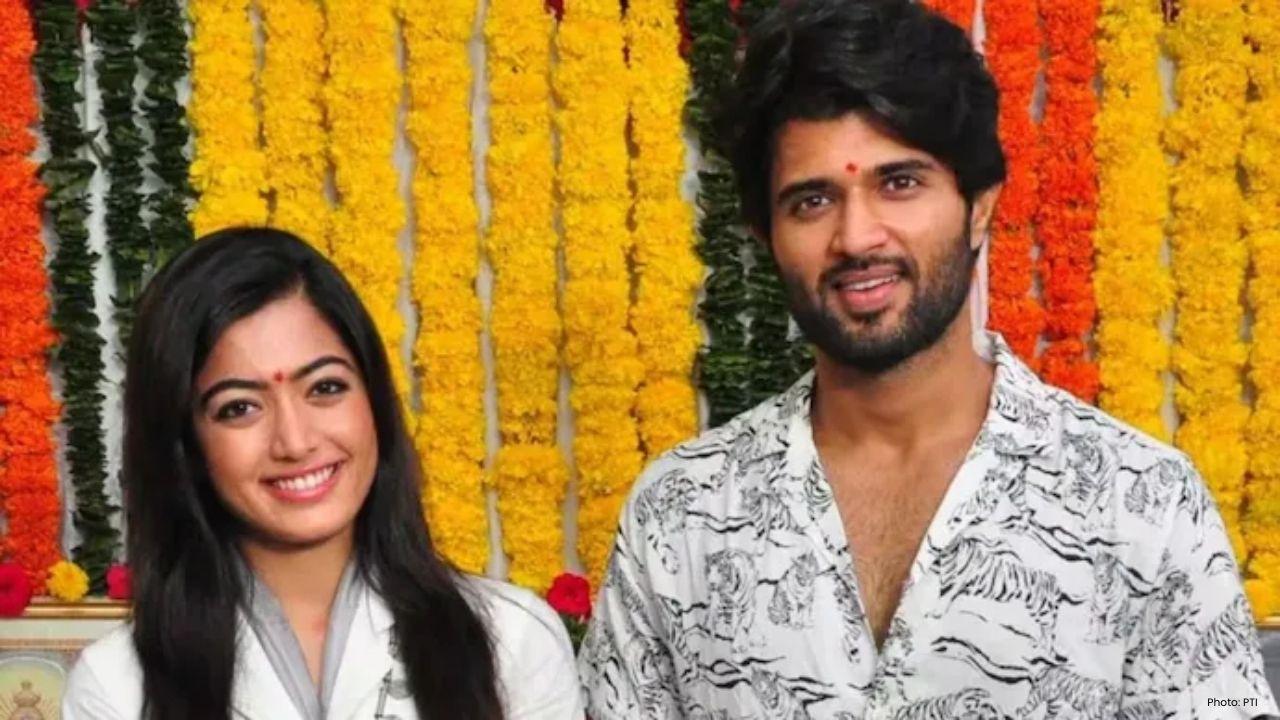
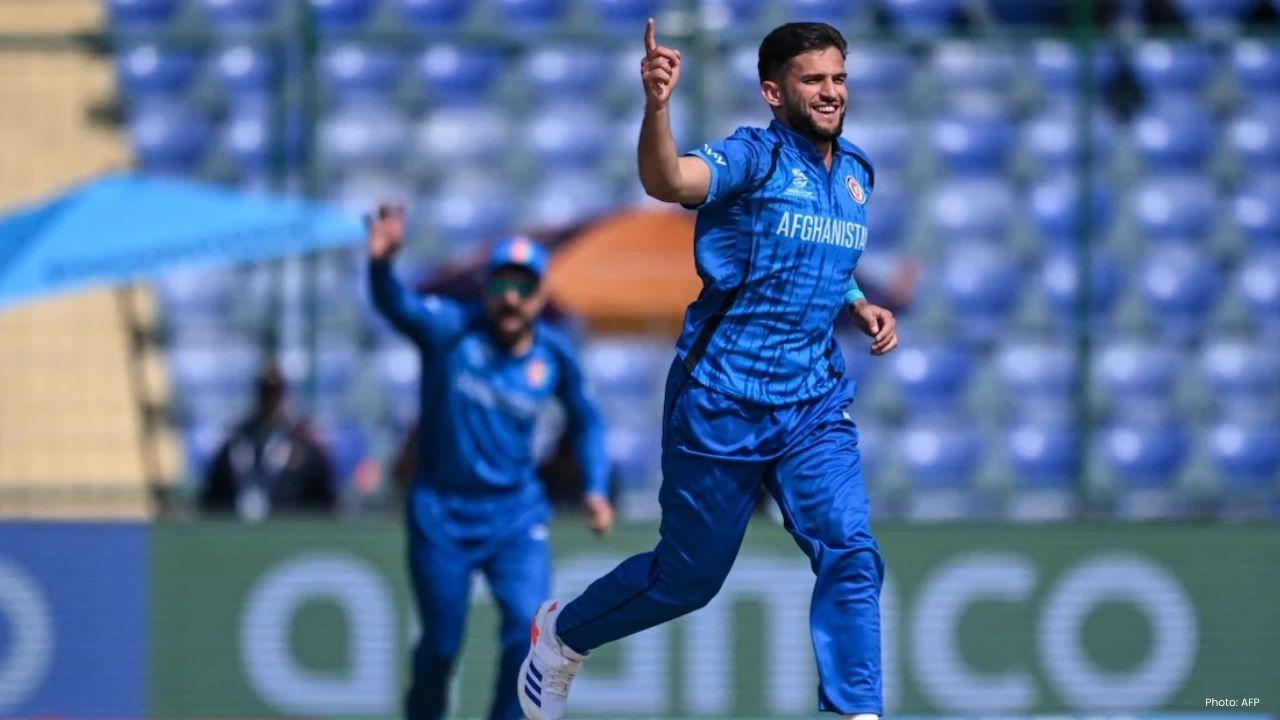

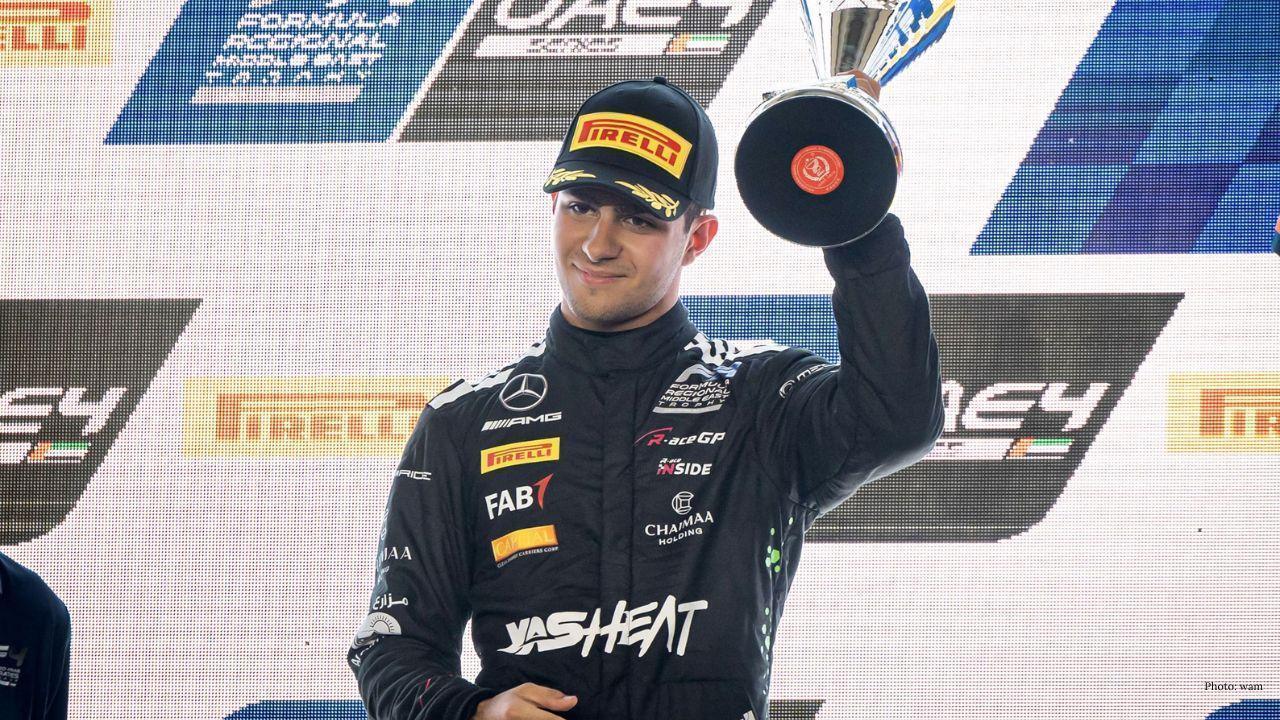


Top AI Leaders and World Leaders Gather in Delhi for India AI Summit 2026
India holds its first global AI Impact Summit in Delhi with top AI CEOs, world leaders, and 250,000
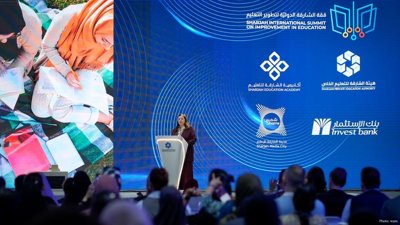
Sharjah International Education Summit Concludes 5th Edition Successfully
Global education leaders gathered in Sharjah to shape sustainable, inclusive, and technology-driven
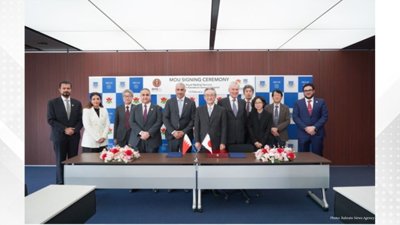
RMS Signs MoU with Japan’s Shonan Kamakura General Hospital
The agreement aims to strengthen Bahrain–Japan healthcare cooperation through training, research, an
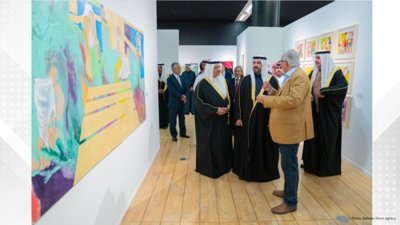
Shaikh Mohammed bin Salman Opens 52nd Bahrain Annual Fine Arts Exhibition
The 52nd edition of the Bahrain Annual Fine Arts Exhibition was inaugurated at Bahrain National Muse

Crown Prince of Bahrain Concludes Private Visit to Oman
HRH Prince Salman bin Hamad Al Khalifa departs Muscat after completing a short private visit to the

Veteran UAE Photographer Ramesh Shukla Passes Away, Leaving Behind a Lasting Legacy
Ramesh Shukla, the photographer behind the iconic image of the UAE’s founding, passed away on Februa